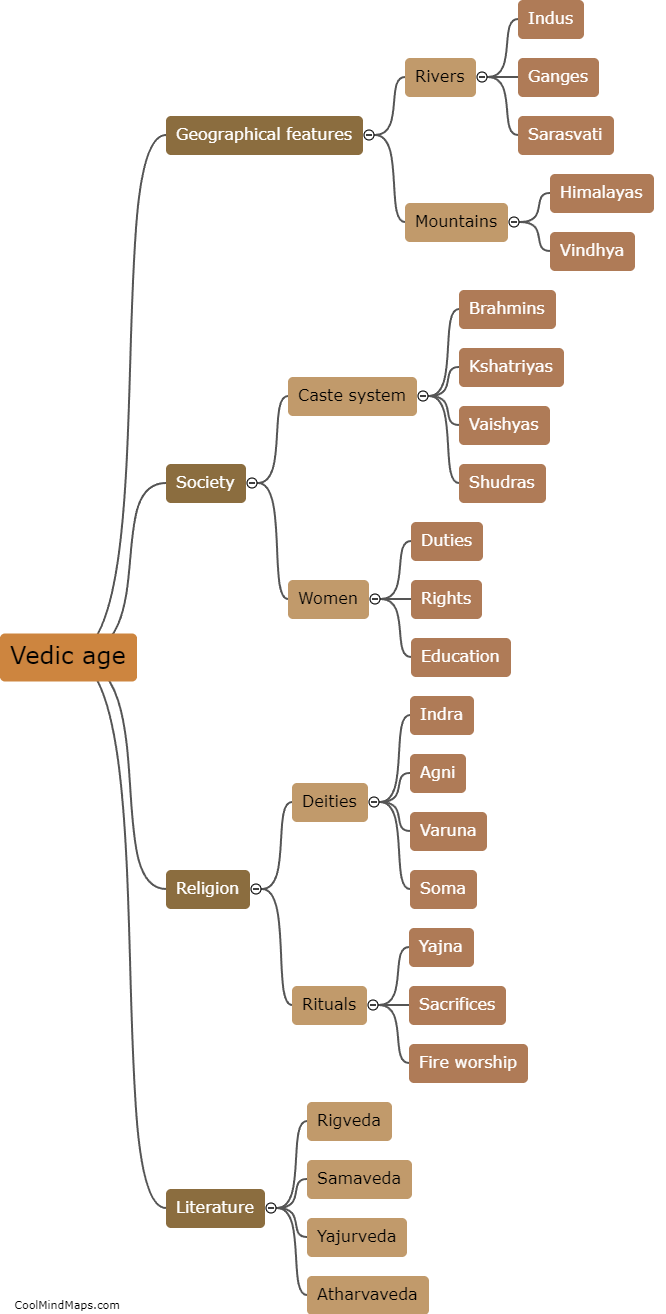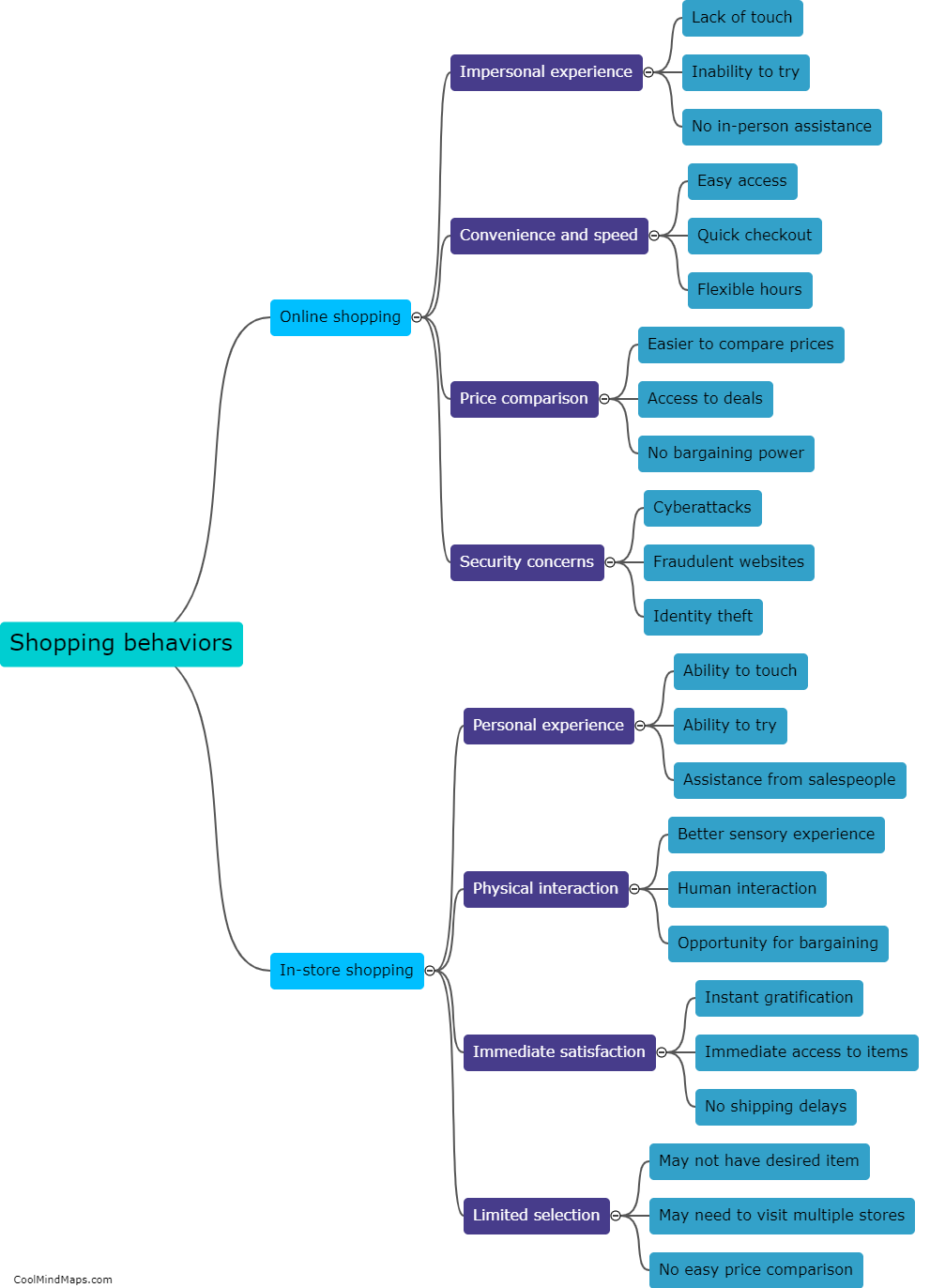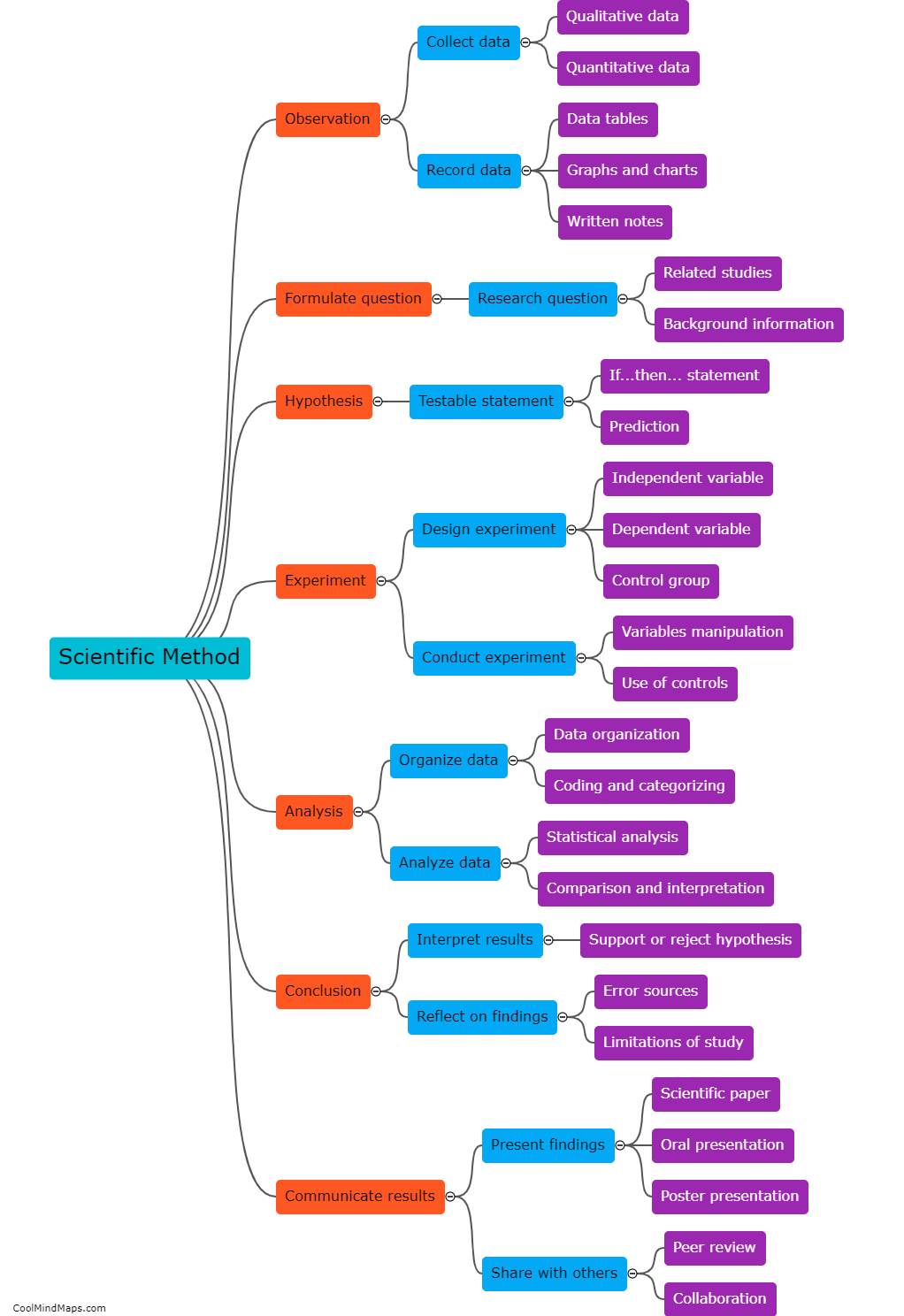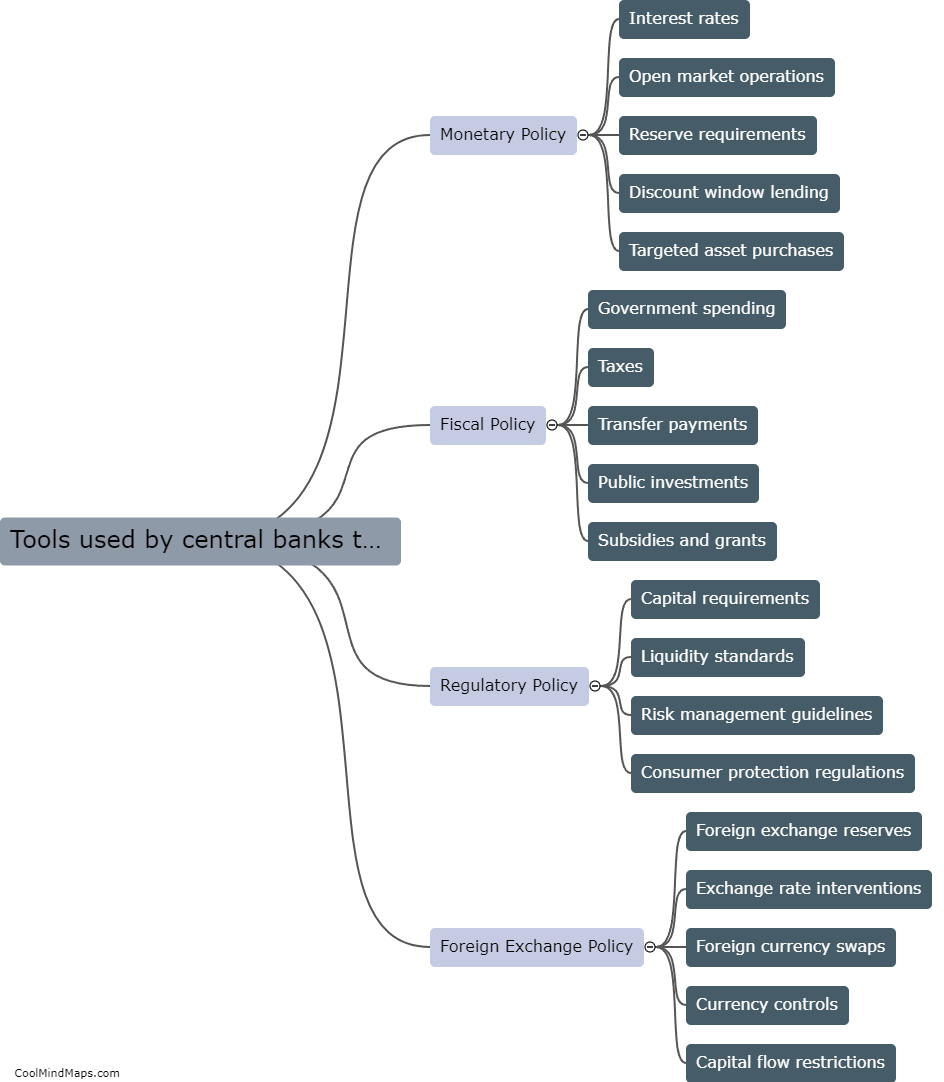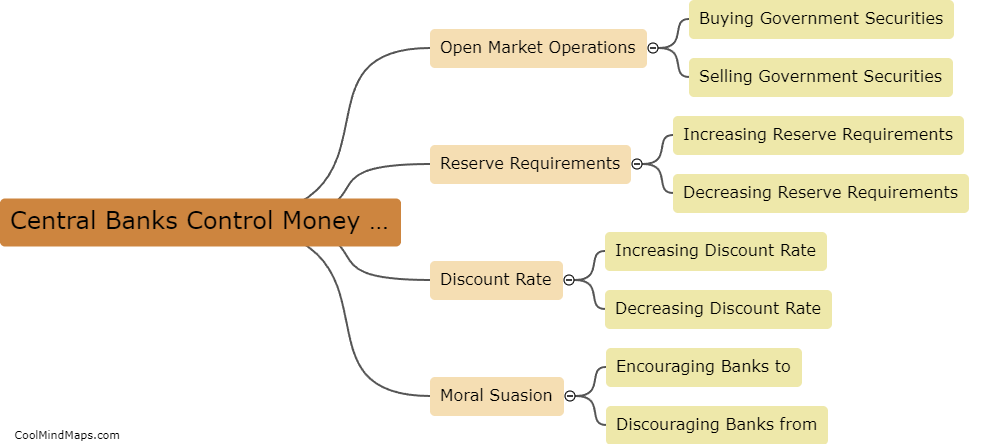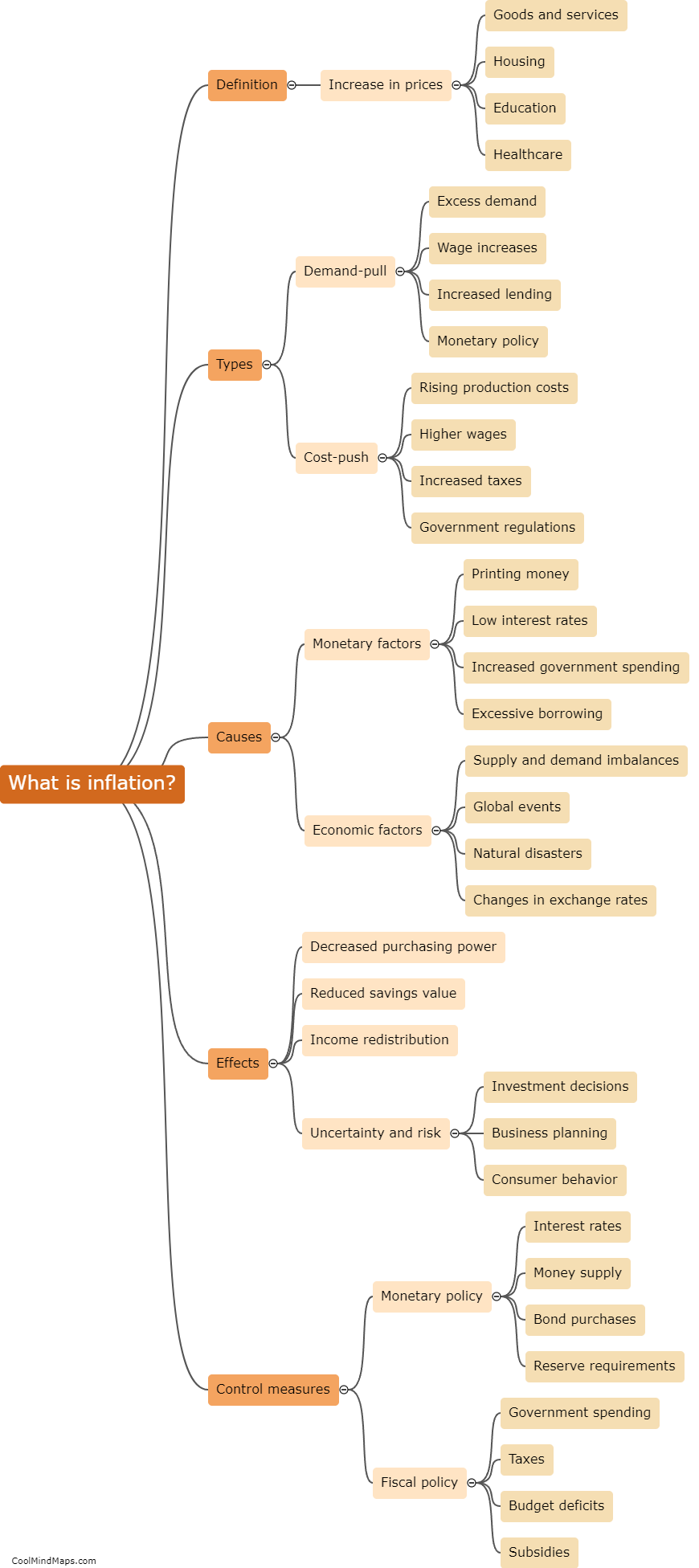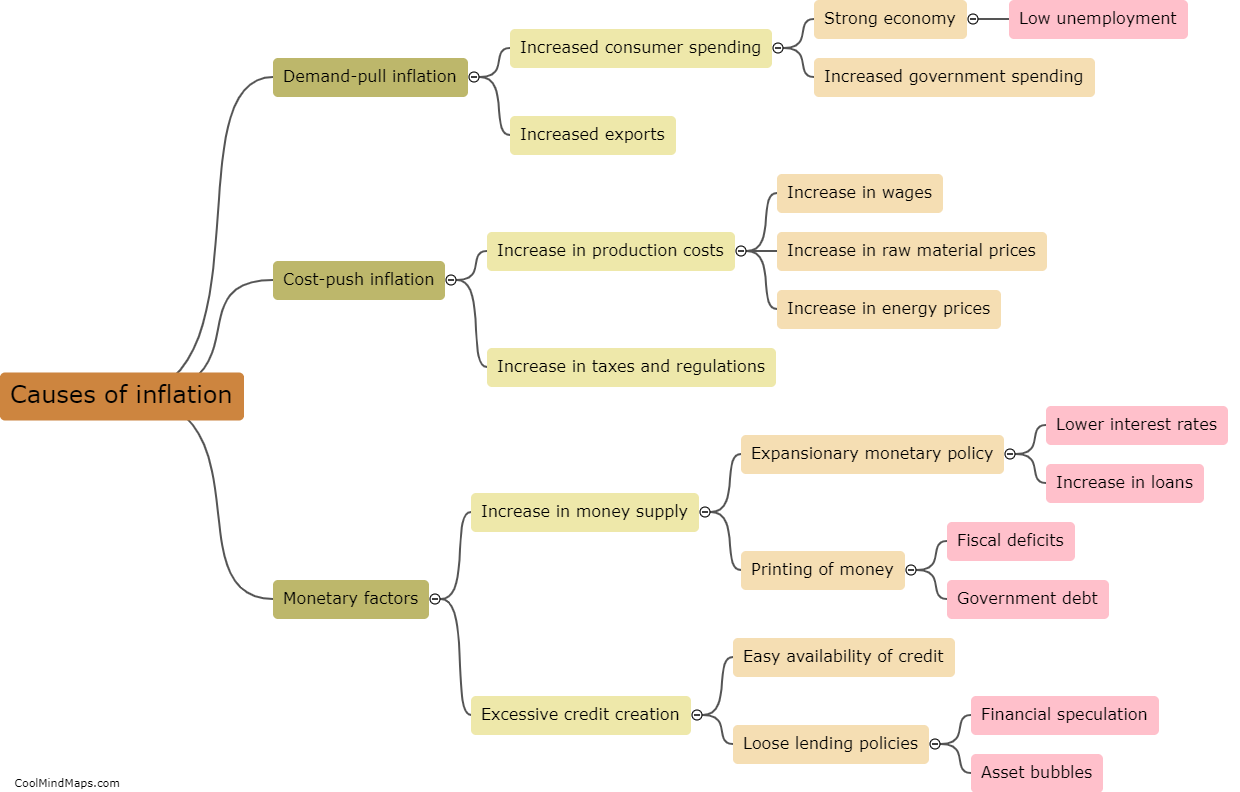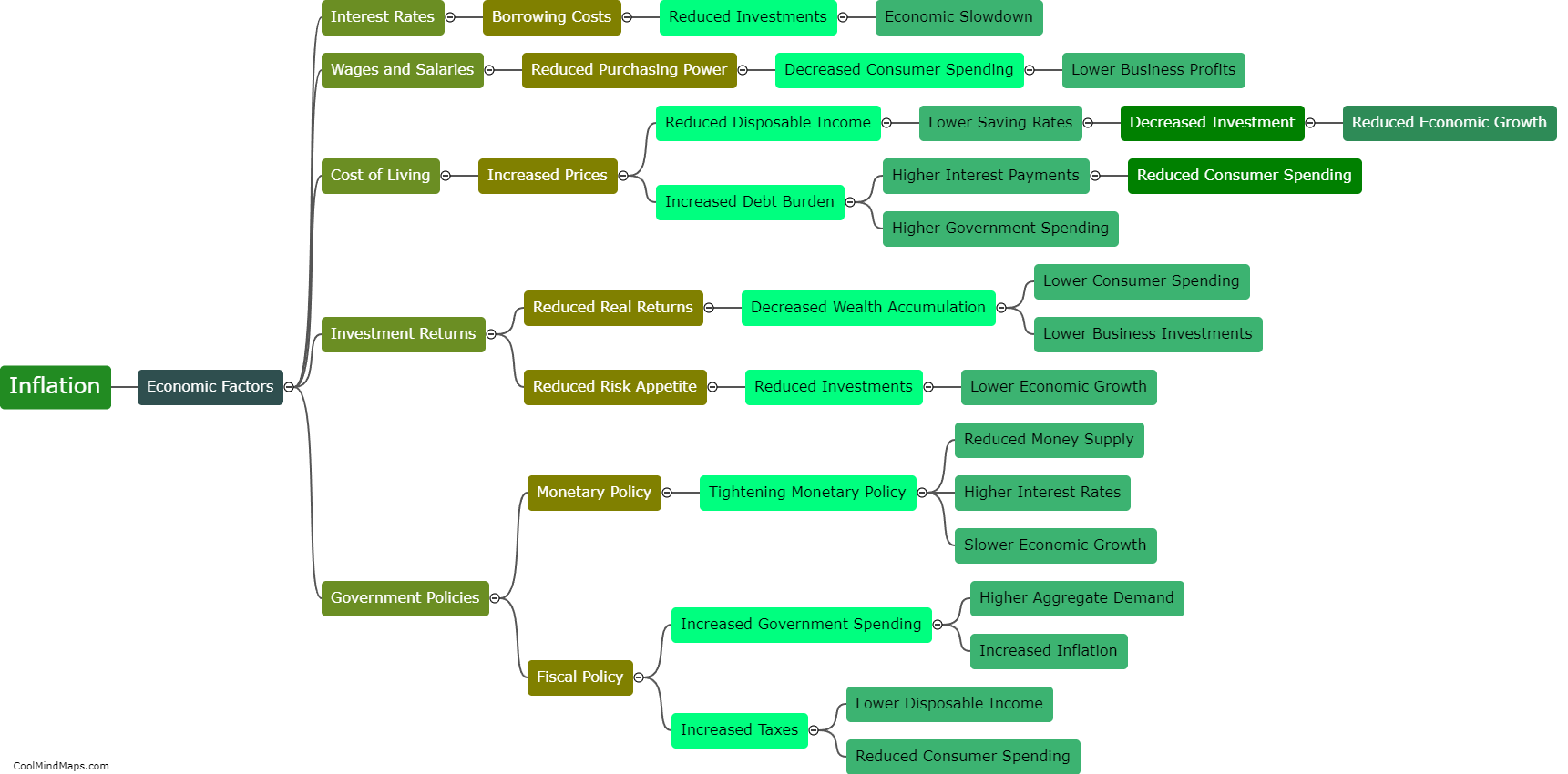What is the relationship between central banks and government?
The relationship between central banks and the government is one characterized by mutual dependence and collaboration. Central banks, such as the Federal Reserve in the United States or the European Central Bank in the Eurozone, are responsible for overseeing a country's monetary policy and ensuring price stability. They control the money supply, regulate interest rates, and provide a stable financial system. However, central banks are typically independent institutions with the goal of maintaining monetary stability free from political interference. While they work closely with the government to achieve their objectives, especially in times of economic crisis, they operate autonomously to maintain credibility and avoid political pressures. Ultimately, the government sets the monetary policy objectives and provides a legal framework for the central bank's operations, but central banks execute these policies independently to maintain their effectiveness and impartiality.

This mind map was published on 17 September 2023 and has been viewed 123 times.


